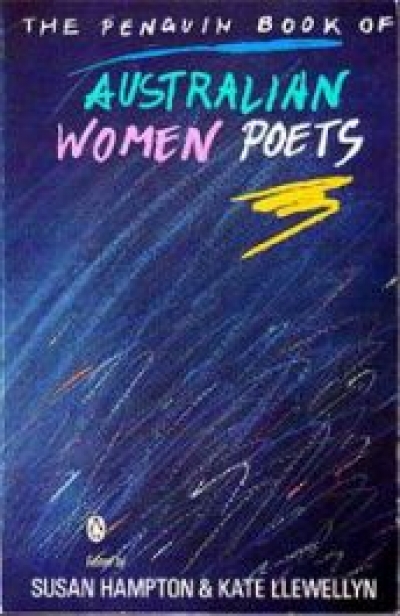Archive
Twentieth Century Australian Poetry edited by Yasuko Claremont
Dear Editor,
I was surprised, on reading the August Issue of ABR, to find no comment or tribute to the former editor, John McLaren. I understand too well the pressure of deadlines and have no doubt that ABR will, at some future date, provide a fitting tribute to its former editor.
In the meantime, I would be grateful if you would publish my own small and inadequate tribute.
... (read more)Australian Women Poets edited by Susan Hampton and Kate Llewellyn
Ideas of The Restoration In English Literature, 1660–71 by Nicholas Jose
The Ministers’ Minders: Personal advisers in national government by James Walter
The two lots of new-look literary pages in the Age Saturday Extra and the National Times on Sunday are bidding fair to brighten up the weekends, especially for Victorians and for Other-Staters who also read the Age on Saturdays and will therefore get the benefit of both.
On the retirement of Stuart Sayers, Rod Usher has taken over the editorship of what is now the ‘Books’ part of ‘Arts and Books’ in the Age Saturday Extra, and is making a pretty classy fist of (and here I speak from experience and from the heart) an extremely demanding job. The few reservations I’ve heard around the traps have been to do with the number of Age staff reviewing books, and with the possibility that the ‘Books’ may get swamped by the ‘Arts’ now that they’re a double act. These odd mutterings are fair enough, but overall the whole section’s looking good.
... (read more)






